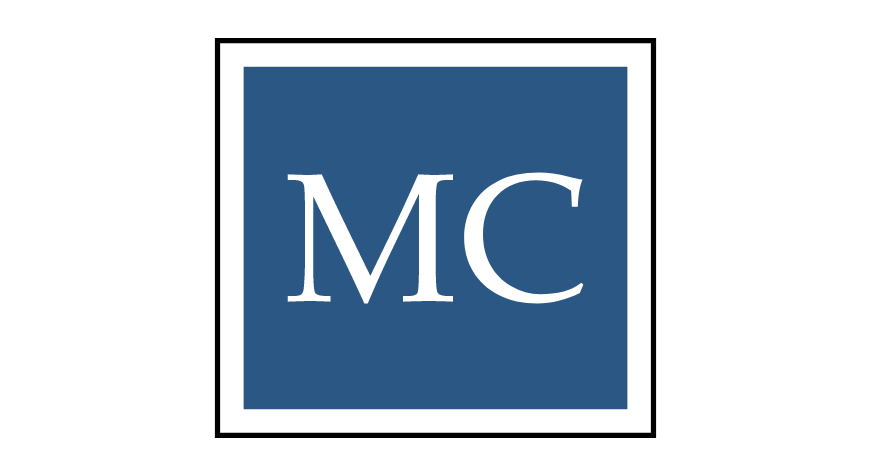Maintaining the status quo in today’s volatile marketplace can be risky. To succeed, businesses need to “level up” by being proactive and adaptable. But some managers may be unsure where to start or they’re simply out of new ideas.
Fortunately, when audited financial statements are delivered, they’re accompanied by a management letter that suggests ways to maximize your company’s efficiency and minimize its risk. These letters may contain fresh, external perspectives and creative solutions to manage supply chain shortages, inflationary pressures and other current developments.
Auditing standards
Under Generally Accepted Auditing Standards, auditors must communicate in writing about material weaknesses or significant deficiencies in internal controls that are discovered during audit fieldwork. A material weakness is defined as “a deficiency, or combination of deficiencies, in internal control, such that there is a reasonable possibility that a material misstatement of the entity’s financial statements will not be prevented, or detected and corrected on a timely basis.”
Significant deficiencies are generally considered less severe than material weaknesses. A significant deficiency is “a deficiency, or a combination of deficiencies, in internal control that is … important enough to merit attention by those charged with governance.”
Auditors may unearth less severe weaknesses and operating inefficiencies during the course of an audit. Although reporting these items is optional, they’re often included in the management letter. The write-up for each deficiency includes an observation (including a cause, if observed), financial and qualitative impacts, and a recommended course of action.
From compliance to business improvement
Audits should be more than just an exercise in compliance. Management letters summarize lessons learned during audit fieldwork on how to improve various aspects of the company’s operations.
For example, a management letter might report a significant increase in the average accounts receivable collection period from the prior year. Then the letter might provide cost-effective suggestions on how to expedite collections, such as implementing early-bird discounts and using electronic payment systems to enable real-time invoices and online payment. Finally, the letter might explain how improved collections would potentially boost operating cash flow and decrease write-offs for bad debts.
When you review the management letter, remember that your auditor isn’t grading your performance. The letter is designed to provide advice based on best practices that the audit team has learned over the years from working with other clients.
Observant auditors may comment on a wide range of issues they encounter during the course of an audit. Examples — beyond internal controls — include cash management, operating workflow, control of production schedules, capacity issues, defects and waste, employee benefits, safety, website management, technology improvements and energy consumption.
Take your audit to the next level
Always take the time to review the management letter that’s delivered with your audited financial statements — don’t just file it away for a later date. Too often, the same talking points are repeated year after year. Proactive managers recognize the valuable insights these letters contain, and they contact us to discuss how to implement changes as soon as possible.

